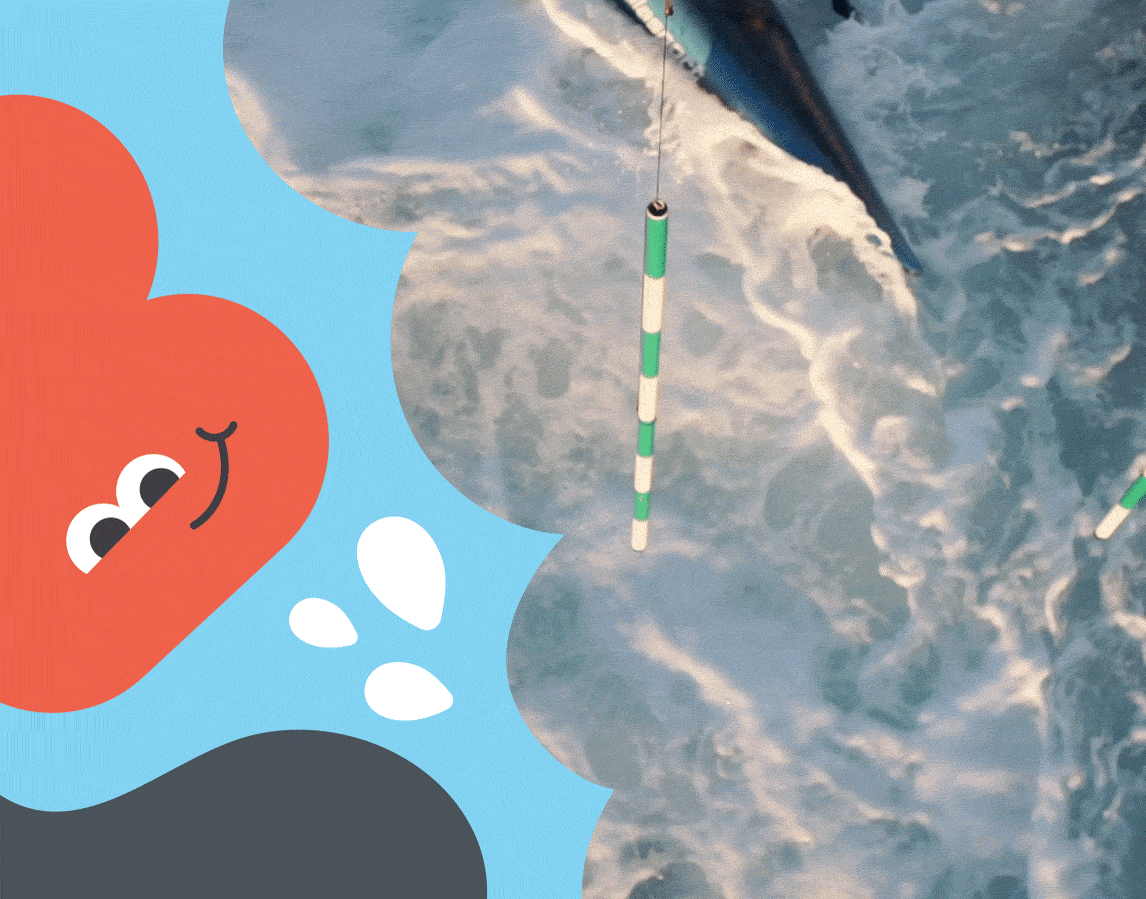What’s the point of meditating? An Olympian explains.
I am a massive fan of mindfulness. Not only because it was one of the key factors that helped me to win Olympic gold in London 2012, but because it helps me to be the person I want to be.
That's why I’m always trying to think of ways that I can adequately explain to people the benefits of meditation. Very often, when I say that I meditate for 20 minutes every day, I see people switch off a bit. Maybe they're imagining people sitting cross legged under a waterfall among mist-covered mountains. Or maybe they're thinking, “why would I just sit there making weird noises while my to-do list gets longer and nothing is being done about it?” That's missing the point. Meditation is not simply a thing you do to get relaxed, or to experience a pleasant mental state (though sometimes that happens and it's pretty cool). To me, meditation is the place where I learn the skill of mindfulness. Mindfulness is what I'm after because a number of good things follow in its wake: being able to see my thoughts and feelings for what they are and then choose my reaction to them. People underestimate how trainable minds are. My experiences prove to me that many mental abilities, attitudes, and outlooks are, in fact, skills—if you practice them, you can build them.
In professional canoeing, we spend a lot of time trying to learn new skills with the aim of eventually delivering those skills to win major races like the Olympics. First, we learn the skill on very gentle water, where there is less to think about and your mind can focus on the components of the skill. It can take many hours of experimentation to even manage to produce one repetition of a new skill. Once you get the hang of it, you take it onto more powerful whitewater, scaling up the challenge. Then you practice putting it down in mock competitions. Eventually, it's time to bring it out in front of a crowd on your big day. You get the idea: you have to develop the skill in very easy conditions before delivering it when the pressure is on. That's where meditation comes in.
When I meditate, I am actually practicing the skill of awareness—and it's difficult to have that awareness when you're a beginner or when there is a lot going on. Even after a long time, I'm not perfect at it and I sometimes struggle when I am under strain, when I'm tired or hungry, or when people have upset me. Meditation is a calm and easy place that I create in order to 'go through my moves' before taking them out into the real world, where things are more unpredictable, tougher and perhaps less forgiving. Having practiced them, I feel like I've got a better chance of deploying that skill when I need it the most. Essentially, I think a good way of using Headspace is to improve your mindfulness skills. It's just not realistic to be able to deliver your skills at the Olympics unless you've practiced plenty on a gentle stream beforehand. It's the same here. Just sitting there watching your thoughts and feelings come and go trains you in that calm power. Bit by bit you can gain the ability to choose your reaction when the currents of life are turbulent in the extreme. For me, that ability is well worth practicing for.



Be kind to your mind
- Access the full library of 500+ meditations on everything from stress, to resilience, to compassion
- Put your mind to bed with sleep sounds, music, and wind-down exercises
- Make mindfulness a part of your daily routine with tension-releasing workouts, relaxing yoga, Focus music playlists, and more
Meditation and mindfulness for any mind, any mood, any goal

Stay in the loop
Be the first to get updates on our latest content, special offers, and new features.
By signing up, you’re agreeing to receive marketing emails from Headspace. You can unsubscribe at any time. For more details, check out our Privacy Policy.
- © 2025 Headspace Inc.
- Terms & conditions
- Privacy policy
- Consumer Health Data
- Your privacy choices
- CA Privacy Notice
